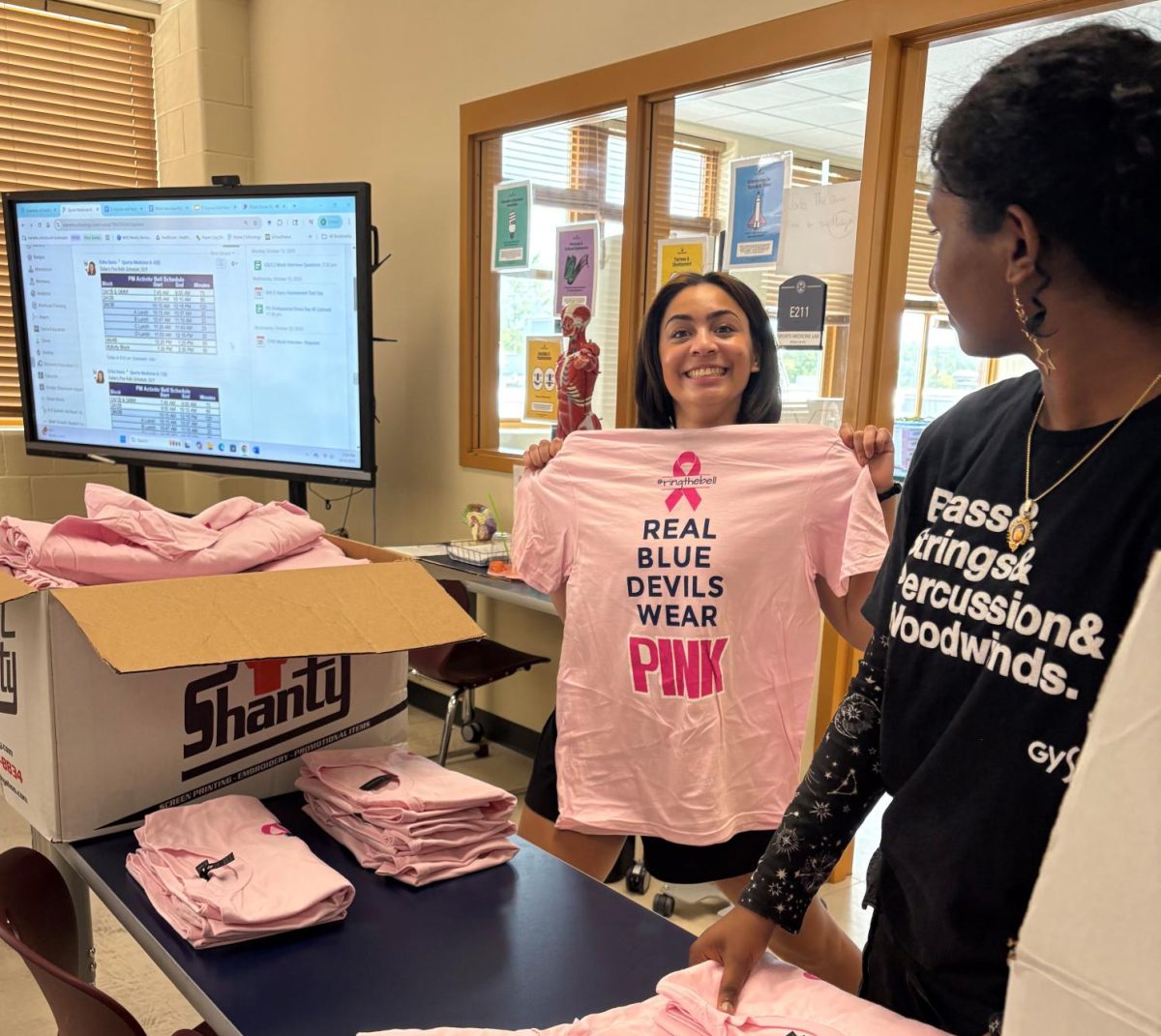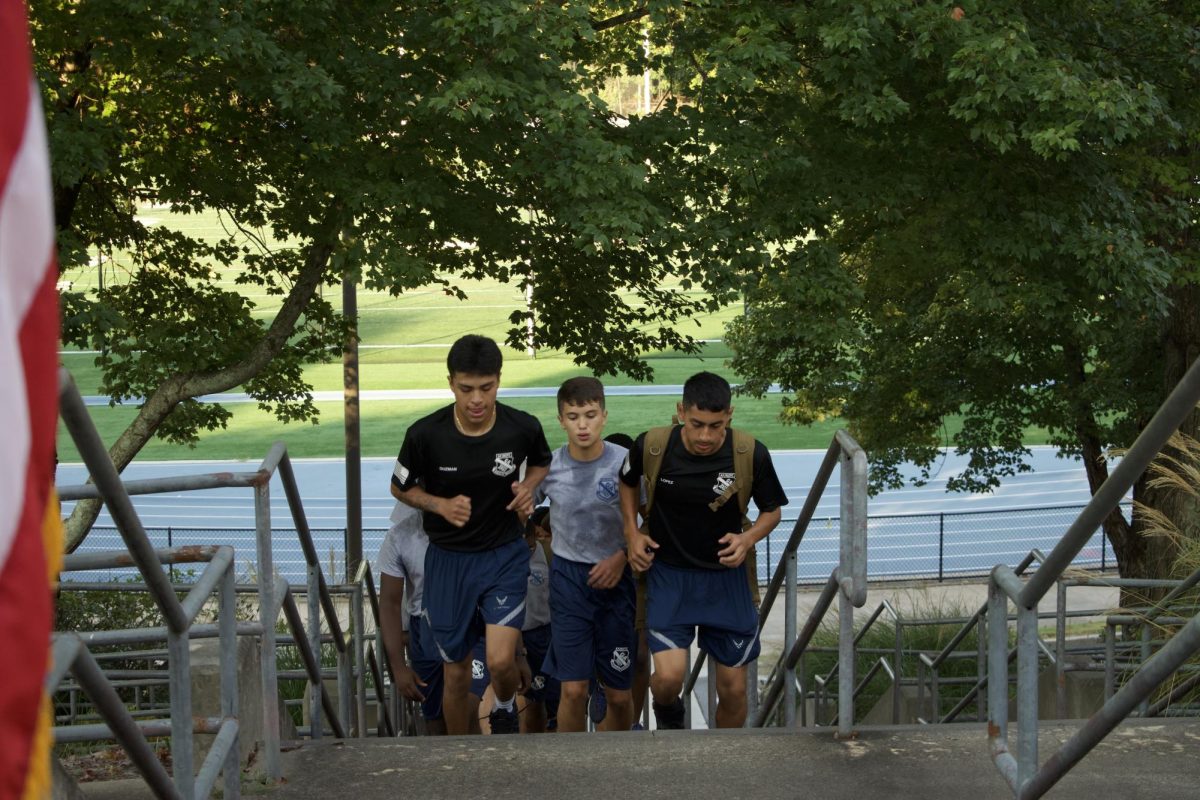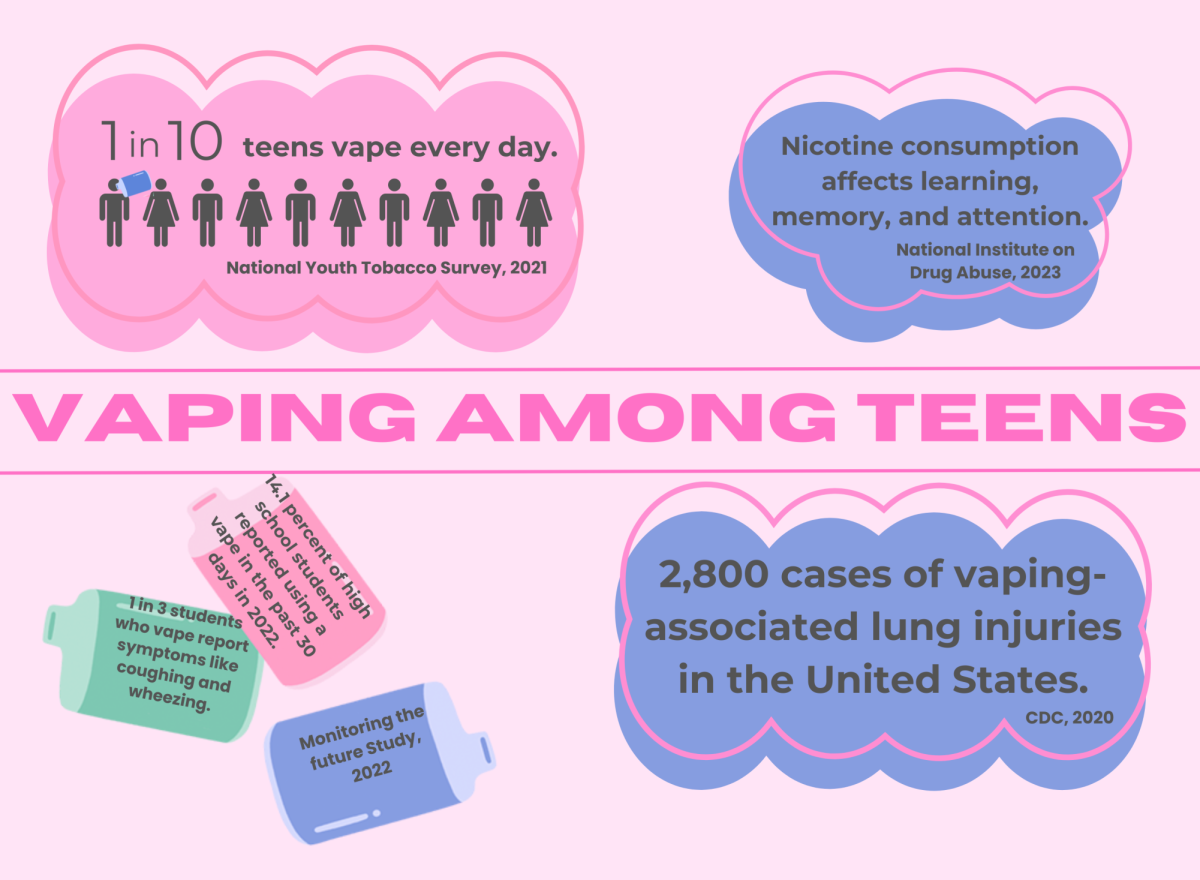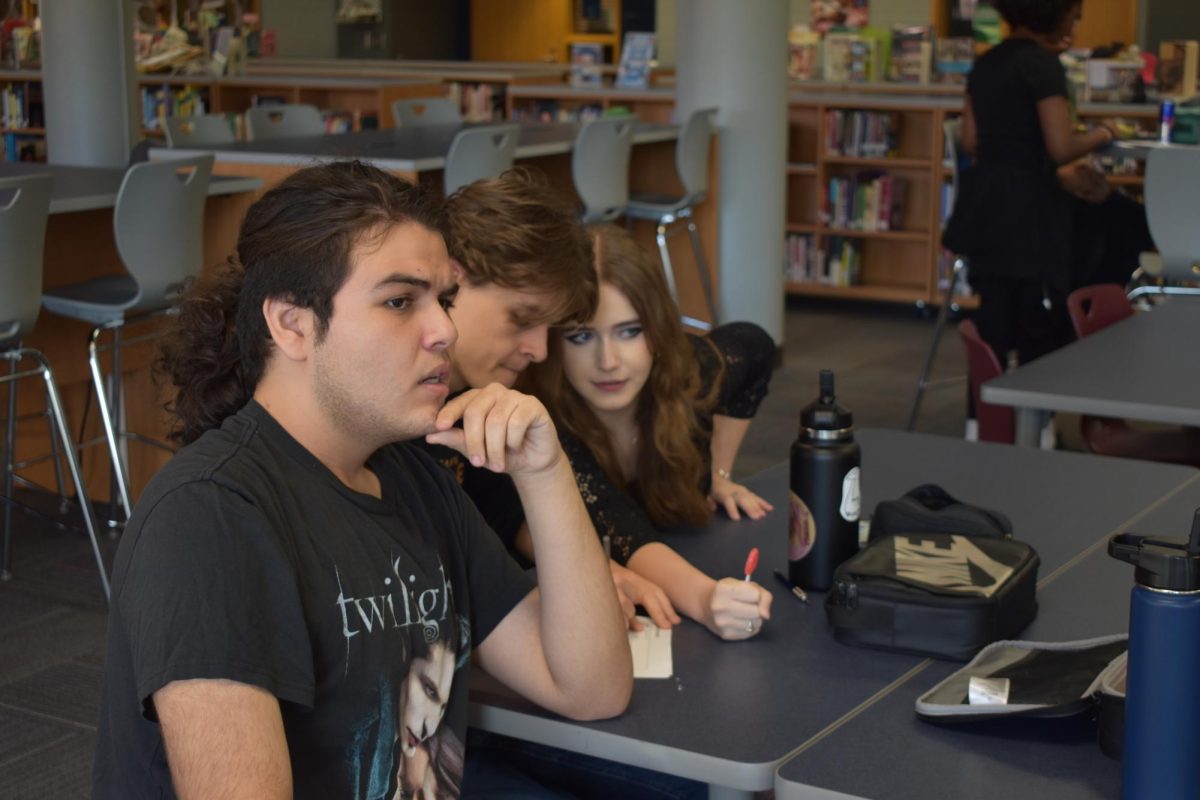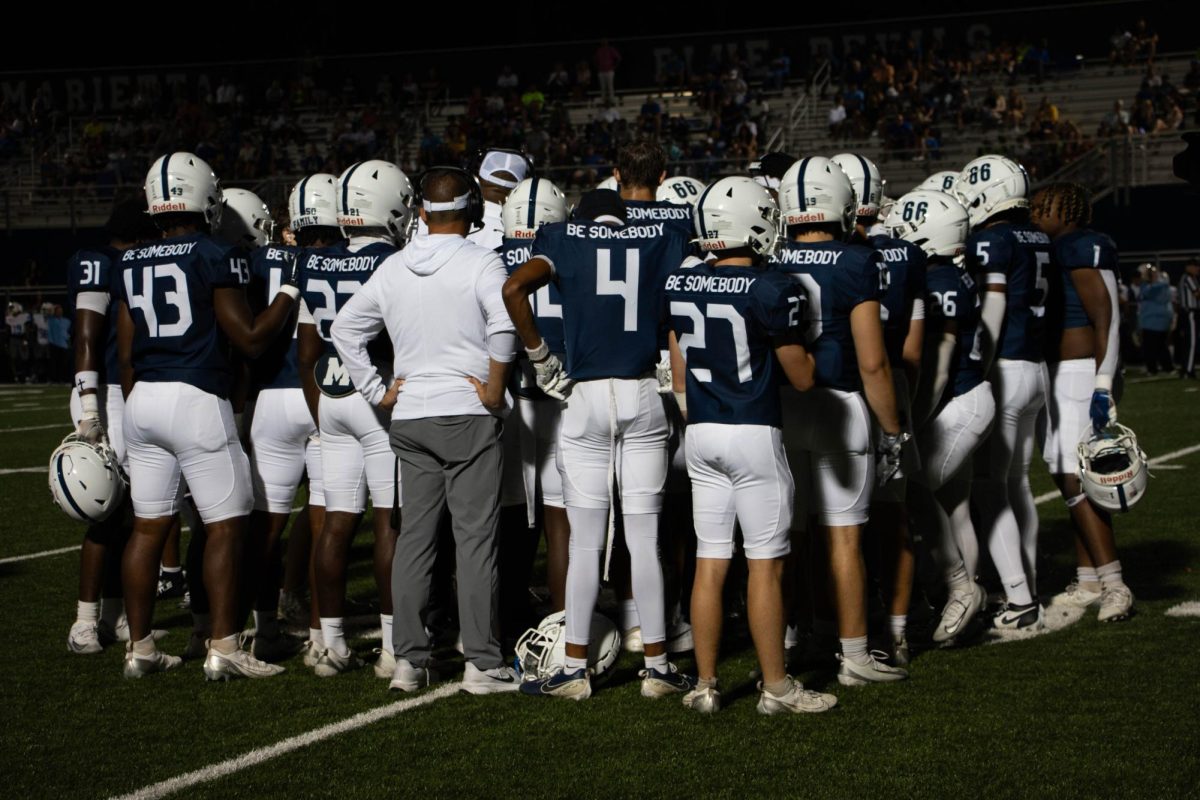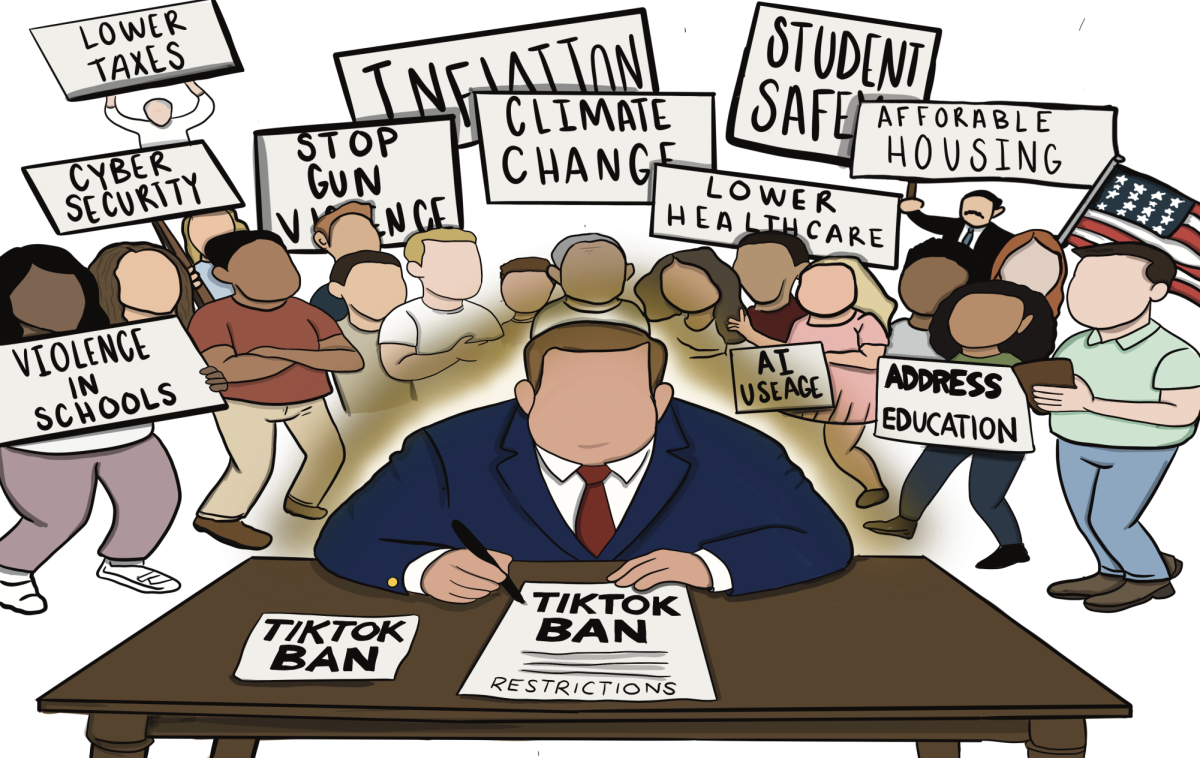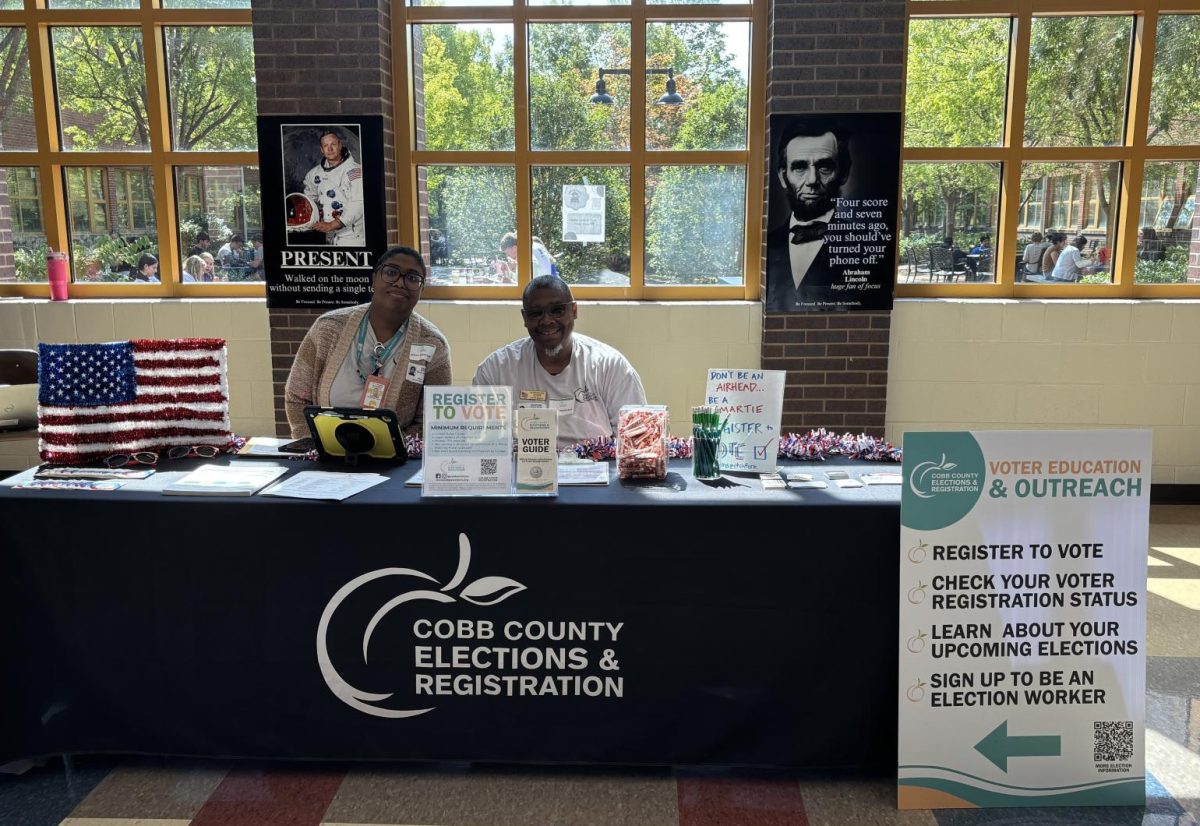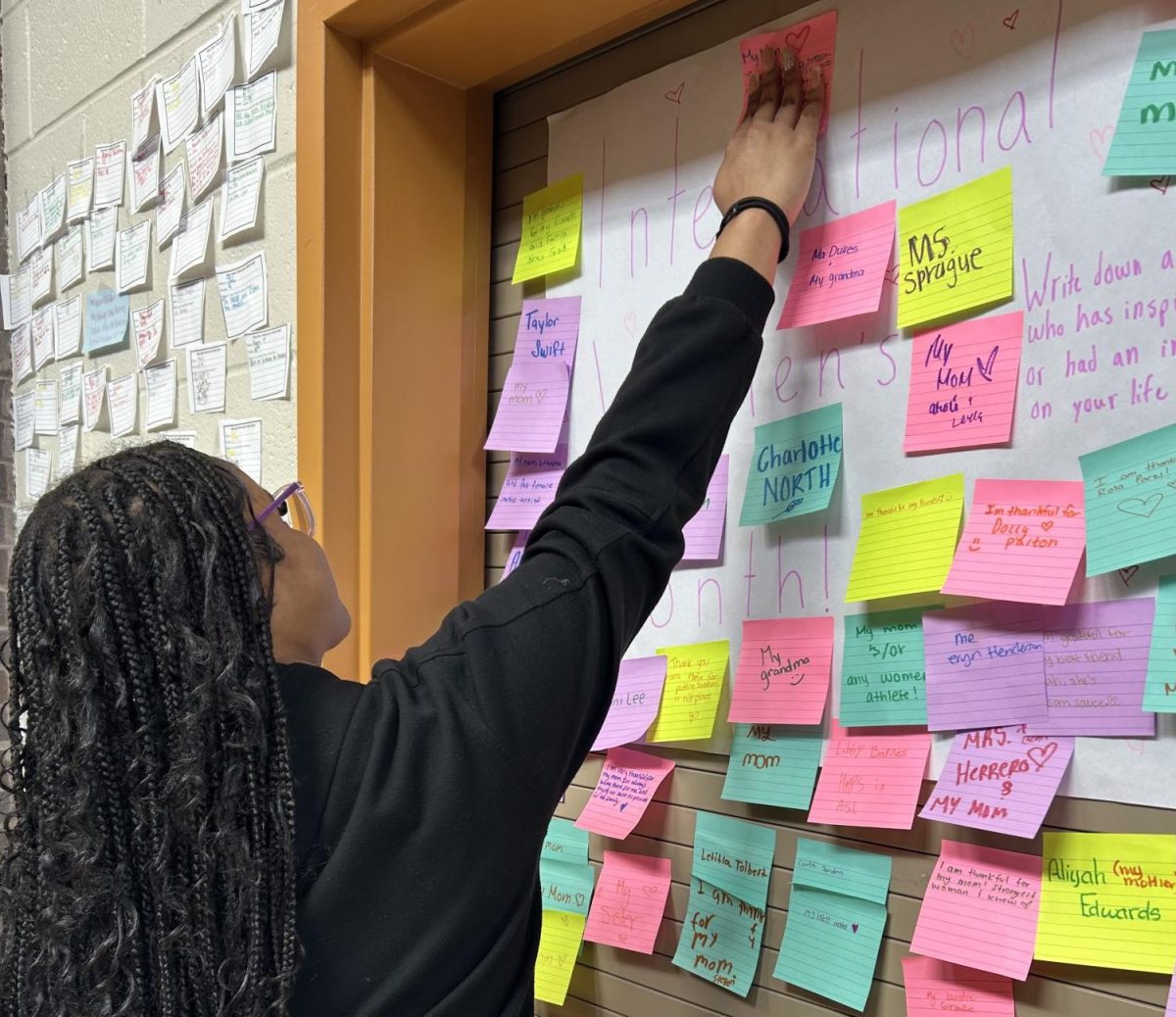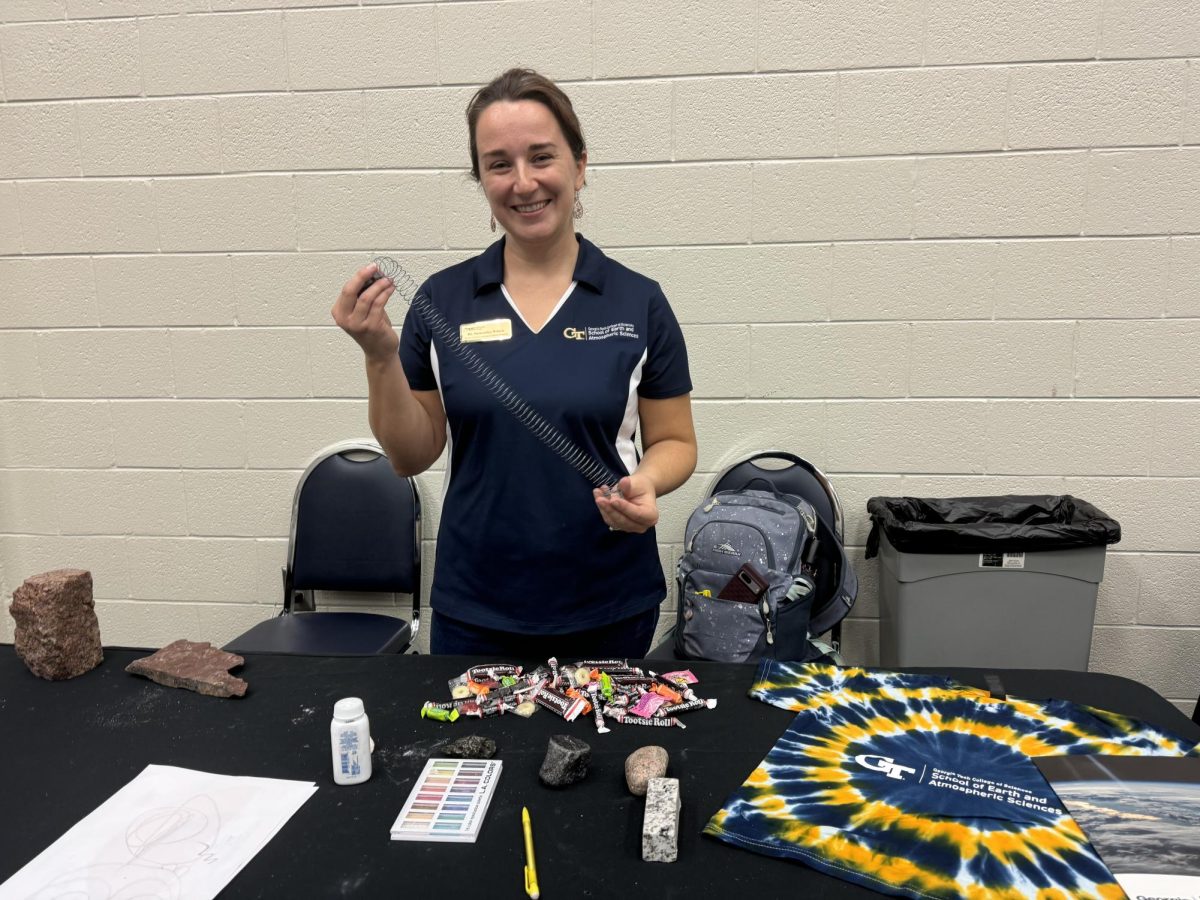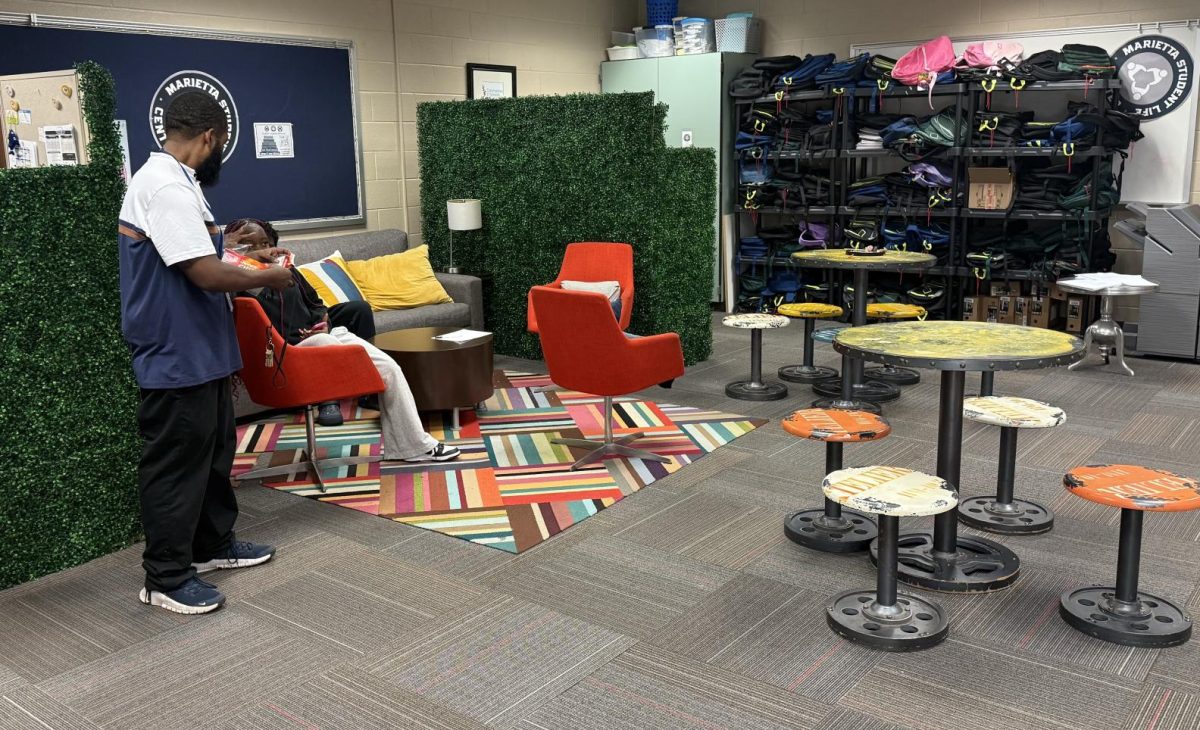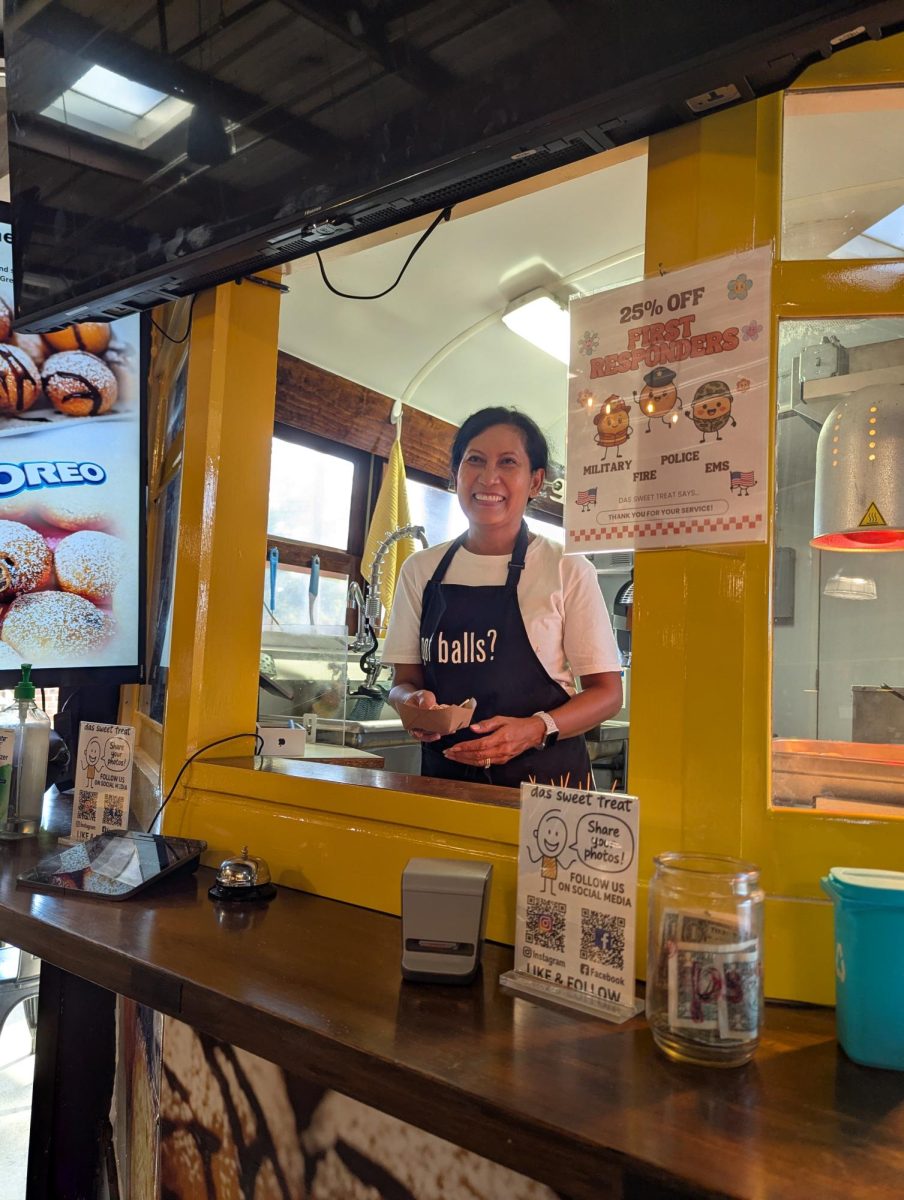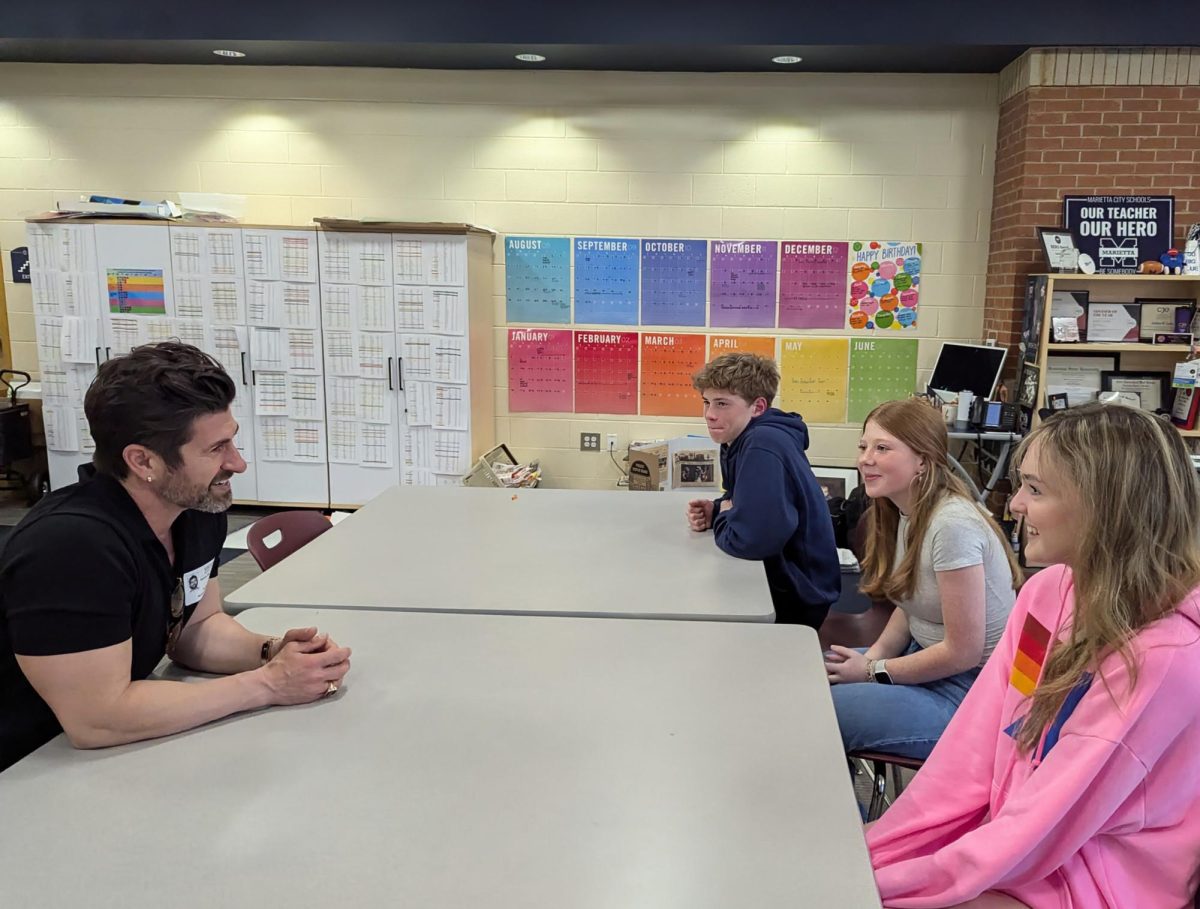Every year, major decisions about our schools are made by people who don’t actually spend every day in them. The school board decides what time we wake up, what classes we can take, and even how much mental health support we have access to. Yet, the people most affected by these decisions, the students, barely get a say. It’s time for that to change. Students deserve more weight in school board discussions because no one understands school life better than those who live it every single day.
Let’s face it: adults can try to imagine what school is like today, but they can’t truly know. The world students live in is completely different from when most board members were our age. Social media, academic pressure, mental health struggles, and constant competition for college acceptance have transformed what it means to be a student. How can adults who haven’t experienced this modern reality make fully informed decisions about it? When we aren’t included in the conversation, policies often miss the mark, no matter how good the intentions are.
Having student representatives with actual voting power would be a meaningful first step. Many school districts across the country already include student board members who help bridge the gap between the adult decision-makers and the students who feel the impact of every policy. When students are involved, decisions tend to be more balanced, relevant, and practical. We see the daily challenges firsthand. We know which lunch options go uneaten, which teachers are overwhelmed with class sizes, and how mental health programs actually work in real life. Our insights could make decisions smarter and more effective.
Another common argument from adults is that “students aren’t mature enough” or “don’t understand how the system works.” But if we’re trusted to balance school, sports, jobs, and college applications, we can absolutely handle being part of the discussion about our own education. In fact, including students helps us develop civic skills like leadership, communication, and critical thinking. It’s an opportunity for real-world learning, especially those who want to go into certain career pathways.
Students today are not asking for control; we’re asking for collaboration. We’re not at all saying adults don’t know what they’re doing or shouldn’t be appreciated—teachers, parents, and administrators all play essential roles in making school life a great experience. But decisions about school should involve the voices of the people who experience its successes and failures firsthand. Without us, the system can feel disconnected and outdated.
It’s time for school boards to stop treating student input like an option and start recognizing it as essential. Our voices aren’t just noise. If the goal of education is to prepare students for the real world, then giving us a seat at the table isn’t just fair—it’s necessary.

